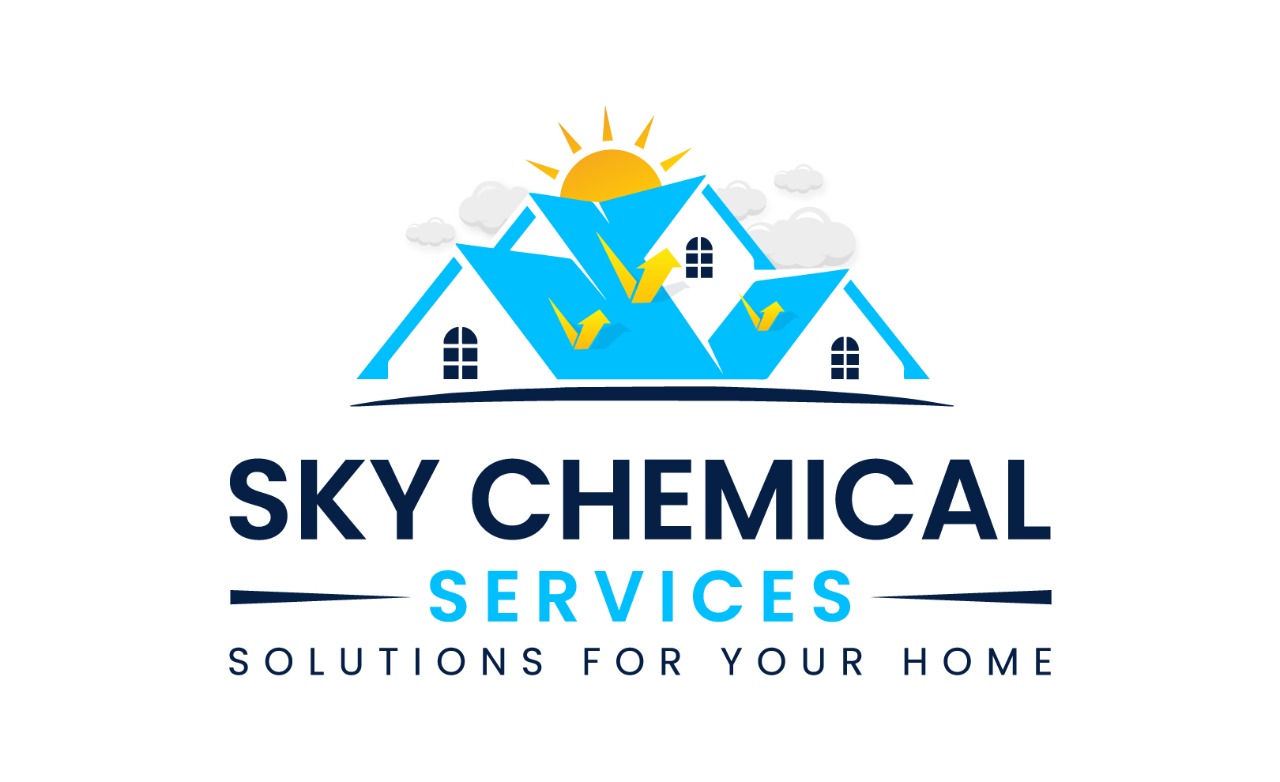Waterproofing is essential in protecting rooftops from moisture ingress. But, with the right type of raw materials. Each layer offers distinctive characteristics and properties. More so, the application process is based on various factors, such as substrate type, climatic conditions, and more. In this blog, we will discuss the primary raw materials employed in the waterproofing process. Shield your property from water damage with professional waterproofing for roofs.
Bitumen
Bitumen, a byproduct of crude oil, is one of the oldest materials in the waterproofing process. It is available in various forms, including membranes, emulsions, and hot-applied liquids. Bitumen is known for its ability to withstand extreme weather conditions. Moreover, it is a long-lasting solution for residential and commercial spaces. Bitumen membranes, in particular, are used in flat and low-slope roofs because of their tensile strength and flexible nature.
Read More
How Can I Keep My Roof Cool in Summers in Pakistan?
How to Test for Roof Leak Detection?
Which Protective Coating Can Be Applied on Galvanized Steel?
EPDM (Ethylene Propylene Diene Monomer)
According to research, EPDM membranes offer a life expectancy of more than 50 years. Manufactured without the addition of flame retardants or plasticizers, their properties remain constant over time. It can sustain temperatures as low as -45oC. Moreover, it can be stretched over 300% to accommodate temperature fluctuations and building movements.
PVC (Polyvinyl Chloride)
PVC roofing membranes are optimal for refurbishment and new-build projects. It can be applied on different roofs, such as flat, curved, barrel, and wavy. Because of its strong bondage, PVC membrane is resistant to ultra-violet radiation, precipitation, and tensile loads.
TPO (Thermoplastic Olefin)
A single-ply roofing material that offers UV resistance, strong weldability, and root growth. Moreover, it is environmental-friendly and recyclable. TPO membranes are available in three distinct colors: Grey, White, and Tan. These coverings help reduce the building’s UHI (Urban Heat Island) effect and energy consumption.
Metal Roofing
With a wide variety of metal roofing types at disposal, customers often get perplexed while making a selection. Steel, copper, aluminum, zinc, and other elements/alloys are some common materials for purchase. Metal roofs are used in residential and commercial roofing systems, including standing seam and corrugated metal roofs. Some of its advantages are:
- Lightweight
- Long-lasting
- Corrosion-resistant
- UV resistant
Asphalt Shingles
The expected lifespan of asphalt shingles is 20-30 years. Recognized as a popular choice for residential roofing, these overlapping elements can withstand torrential rains and strong winds. More so, asphalt shingles are classified as Class-A fire-resistant materials. Customers have a wide variety of color options to choose from: Grey, brown, white, green, and others.
Read More
Which is the Best Concrete Ratio for Waterproofing
Is Acrylic Roof Paint Waterproofing?
In How Many Ways Can We Prevent Heat Loss From Roofs?
Concrete
Concrete roofs are a cost-effective option for homeowners and commercial setups. It has been noted that high-quality concrete together with other components form a strong water-resistant layer on flat roofs. Moreover, it can be applied as concrete slab or screed to create a durable and waterproof surface.
Cementitious Coatings
Cementitious coating is a combination of sand, cement, and other additives. When applied to a roof’s surface, it creates a tough layer that resists moisture from affecting the surface. Also, it is resistant to weather, chemicals, and abrasion.
Bottom Line
Waterproofing roofs is a crucial step in protecting buildings from water damage and ensuring their longevity. The choice of raw materials for waterproofing, whether bitumen, synthetic membranes, metal, or other materials, plays a pivotal role in the success of a roofing project. Each material offers unique advantages. More so, they are suited for different surfaces and environmental conditions. By carefully selecting the appropriate materials and following practices in installation and maintenance, builders and property owners can enjoy the benefits of a waterproof roof that will stand the test of time.
If you want to know more about waterproofing materials and their application techniques, contact Sky Chemical Services, one of the best companies in Karachi, Pakistan.
